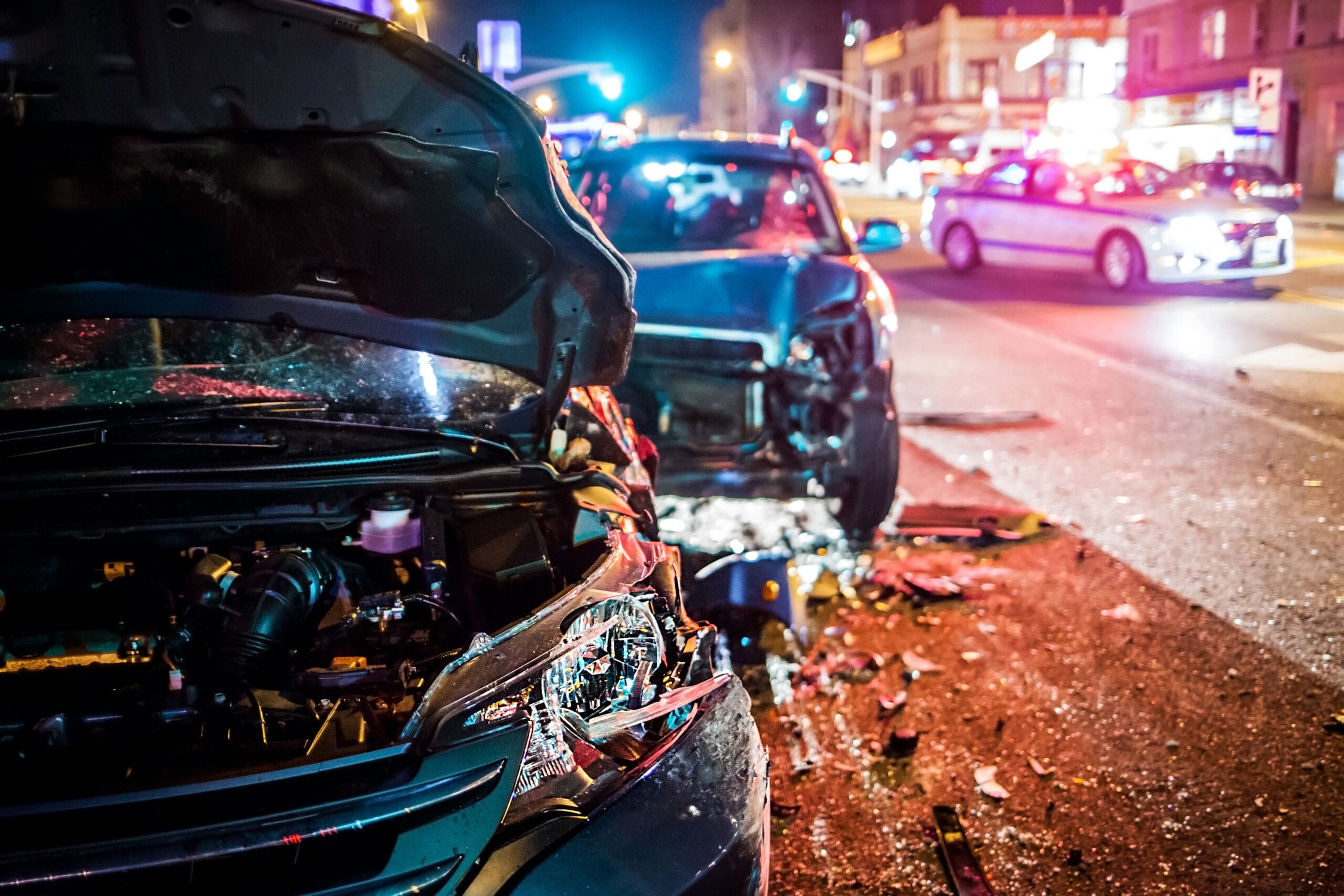Many Georgia employees regularly drive company vehicles, or they are issued a company vehicle by their employer. These vehicles are used to commute to and from work and to perform employer-related tasks. If you are struck by a pizza delivery vehicle, there is a good chance that the driver’s personal insurance coverage and assets might be insufficient to cover the full value of your damages. Because the employer will have deeper pockets and more extensive insurance coverage, the liability of the company can be a critical issue when seeking compensation for car accident-related injuries and associated losses.
While an employer can be liable for an accident caused by an employee, the existence of liability and basis for imposing liability will depend on the specific facts and circumstances surrounding the collision. Because these types of car accidents frequently involve complicated issues, such as multiple parties and legal theories for each defendant, we invite you to speak to one of our experienced Atlanta motor vehicle accident attorneys at Montlick and Associates for a free consultation.
A recent case provides an example of some of the issues and theories of liability that might be relevant if you are involved in a collision with an employee driving a company car or performing company duties. In Dougherty Equipment Company, Inc. v. Roper (Ga. Ct of App. 2014), an employee was driving a company vehicle when he caused a collision with a woman after the employee failed to yield to oncoming traffic at a stop sign. The injured woman sought damages from the company based on the theory of “respondeat superior”, which literally means “let the employer answer”. Under this legal doctrine, an employer can be “vicariously liable” for the acts of an employee if the employee is operating within the course and scope of employment. Vicarious liability of an employer permits imputing the negligence of an employee to the employer. The plaintiff also asserted separate theories of liability against the employer based on negligent hiring and negligent entrustment.
The company filed a motion for summary judgment claiming that the employee’s accident occurred when the employee was acting outside the scope of employment. The company also claimed that the evidence was insufficient to support the plaintiff’s other legal theories. The trial court denied the motion for summary judgment, and the company filed a request for interlocutory review by the court of appeals.
Respondeat Superior – Vicarious Liability
The court first addressed the injury victim’s vicarious liability claim. The appellate court observed that the employer would only be vicariously liable if the employee was acting within the scope of employment. When the employer has stepped aside from his employer’s business to engage in conduct disconnected from the business, the doctrine of respondeat superior is inappropriate. The court also pointed out that it is well-established that driving to work is not considered an act within the course of employment.
However, the appellate court also noted that a separate analysis is appropriate when the employee is driving a company vehicle. Under these circumstances, a presumption arises that the employee was acting within the scope and course of employment. The employer must present uncontradicted evidence that the employee was not acting in the scope and course of employment. Because the employee was on his way to the company office from home to obtain his daily work assignment, the court ruled that this was sufficient to rebut the presumption.
Negligent Hiring
The appellate court rejected the argument that the employer could be held liable for negligent hiring for reasons similar to its rejection of the vicarious liability theory. A negligent hiring and retention theory like vicarious liability applies when the accident occurs while an employee is acting in the scope of employment unless a special relationship exists. In this case, the court reasoned that the employee was just a member of the general public commuting to work at the time of the accident.
Negligent Entrustment
However, the appellate court found that the injury victim’s claim of negligent entrustment could survive summary judgment. The court explained that negligent entrustment is predicated on the negligence of the vehicle owner in lending a vehicle with actual knowledge that the driver is incompetent or habitually reckless. When the employee was hired his license was suspended for a DUI conviction. Once the employee’s license was reinstated, the company obtained a MVR indicating a conviction for failure to maintain his lane and the notation “Limited Permit 2DUI”. The court found this was sufficient knowledge to permit the issue of liability for negligent entrustment to survive summary judgment.
Put Our Law Firm’s Over 39 Years of Legal Experience to Work For Your Claim!
If you are injured by an employee driving a company car, you may be entitled to seek damages against both the employee and the employer. These cases can be complicated, so you should seek prompt legal advice. Montlick and Associates have been representing those who suffer serious injuries throughout all of Georgia and in the Southeast for over thirty years, including but not limited to Albany, Athens, Atlanta, Augusta, Columbus, Gainesville, Macon, Marietta, Rome, Roswell, Savannah, Smyrna, Valdosta, Warner Robins and all smaller cities and rural areas in the state. No matter where you are located our attorneys are just a phone call away, and we will even come to you. Call us 24 hours a day/7 days a week for your Free Consultation at 1-800-LAW-NEED® (1-800-529-6333). You can also visit us online at www.montlick.com and use our Free Case Evaluation Form or 24-hour Live Online Chat.


